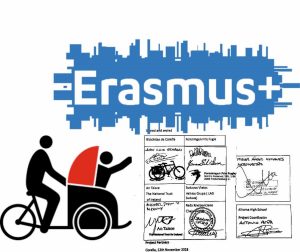By Damien O’Tuama
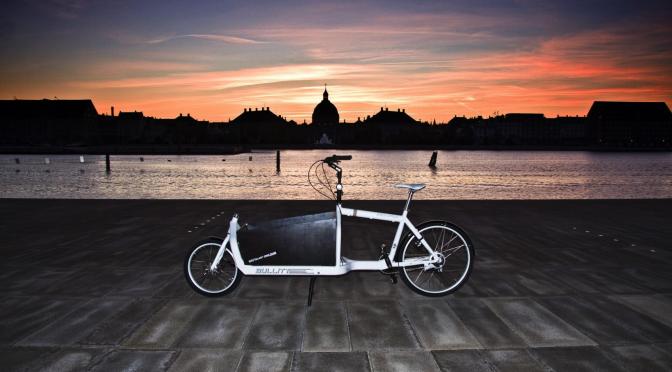
Earlier today, Tuesday 30 November 2021, Dr. Damien Ó Tuama, National Cycling Coordinator with Cyclist.ie and An Taisce presented at the Joint Oireachtas Committee on Environment and Climate Action on the topic of electric vehicles.
Also presenting were Dr. Colm Byrne from Irish Doctors for the Environment, Brian Cooke, Director General of SIMI (Society of the Irish Motor Industry), and Marguerite Sayers and John Byrne from ESB’s ECars Division.
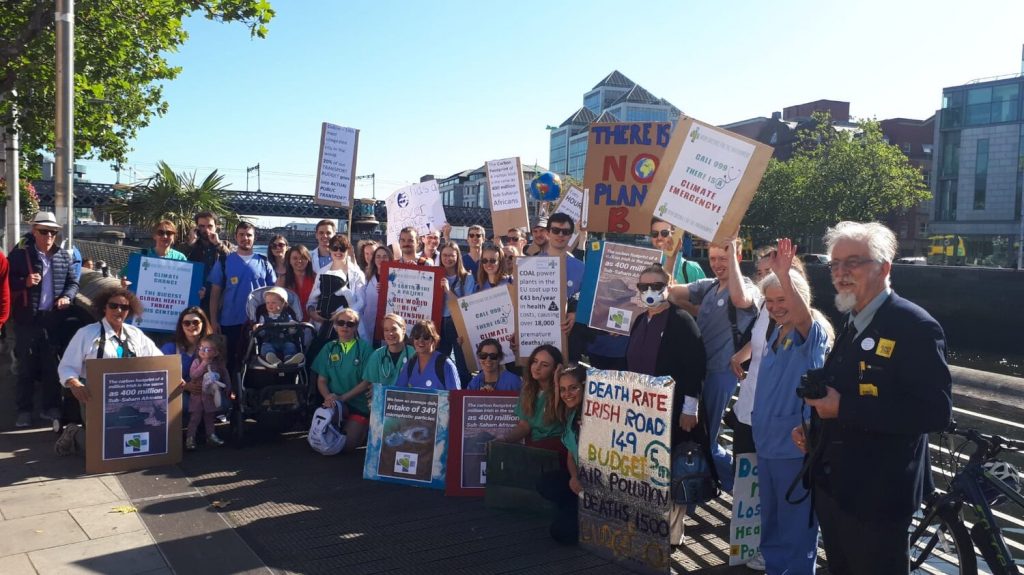
The main point Damien made at the session was that the discourse around e-mobility and electric vehicles has largely if not almost exclusively been dominated by e-cars. What we hear much less about is the role of e-bikes, e-trikes and e-cycling in decarbonising transport.
Opening Statement:
Good afternoon Chairperson and members of the Committee. My name is Dr. Damien Ó Tuama. I am the National Cycling Coordinator with Cyclist.ie – the Irish Cycling Advocacy Network and An Taisce – the National Trust for Ireland. Cyclist.ie is the member for Ireland of the European Cyclists’ Federation. My own background is in mobilities research.
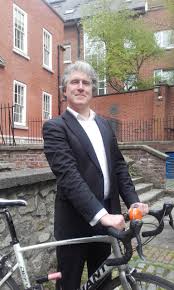
E-mobility is not just about E-cars
The discourse around e-mobility and electric vehicles in Ireland has largely if not almost exclusively been dominated by e-cars. What we hear much less about is the role of e-bikes, e-trikes and e-cycling in decarbonising transport.
And this mirrors what we hear internationally. At the COP Climate talks in Glasgow, there was a near-exclusive focus on electric cars and total absence of active mobility discussions during the official Transport Day. However in the end, the following text was included in the declaration:
We recognise that alongside the shift to zero emission vehicles, a sustainable future for road transport will require wider system transformation, including support for active travel, public and shared transport, as well as addressing the full value chain impacts from vehicle production, use and disposal.
In thinking about increasing the use of e-bikes, it is worth noting here that the highest proportion of trips nationally are between 1-3km, as per the most recent NTA National Household Travel Survey.
Electric Assist Bikes and E-bikes – Broadening the use of Active Travel
E-bikes or Electric Assist bikes work by assisting the person on bike with a compact electric motor. Their pluses are many:
- They enable users with quite basic levels of fitness to cover longer distances than on everyday bicycles, and this is particularly important in rural Ireland where distances between home and work/shops/GAA grounds other destinations are often longer than in cities.
- They make life much easier in hillier towns and cities – I’m thinking in particular here of Cork City, Kinsale, Drogheda, County Wicklow or plenty of other places. And this has a relevance for low carbon tourism as well.
- For parents wishing to ferry children around by bike, cargo bikes and e-cargo bikes make life much easier. We know that in Copenhagen there is approx 40,000 cargo bikes – used by many families there.
- For cycle logistics in town and city centres, e-cargo bikes and trikes allow for smaller goods to be transported easily thus taking many heavy goods vehicles out of town centres – and we are all aware on this Committee of how difficult it is to electrify large HGVs. Research commissioned by the European Union concludes that 25% of all goods and 50% of all light deliveries in urban settings could be serviced by cargo bikes.
- For the mobility impaired, electric assist cycles open up and even transform their independent mobility opportunities. And older people.
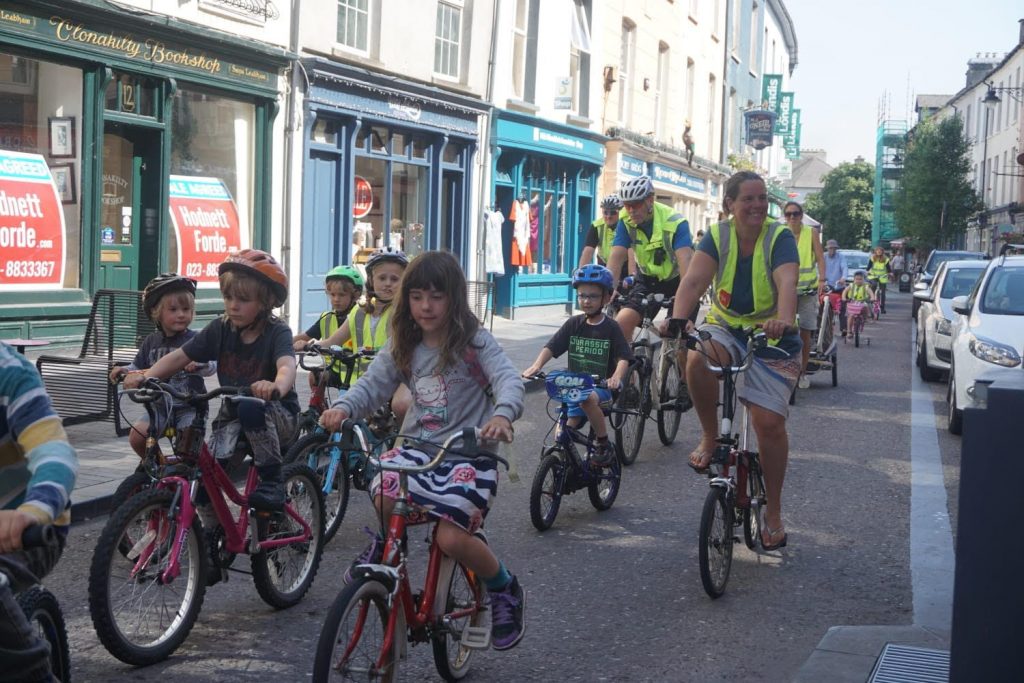
E-bikes are not just about decarbonising transport
E-bikes provide the opportunity to:
- Decongest towns and cities because of the much smaller space required for moving and parked vehicles, hence improve the economic vitality of smaller towns
- Improve the liveability of towns with more space opened up for public space and businesses
- Improve public health through being active travel vehicles
- E-bikes use minimal resources compared to electric cars which are certainly not zero-carbon – in terms of the mining the raw materials and rare earth elements in particular and energy used in manufacturing and disposal.
Policy Interventions
Amongst the policy interventions which will assist in the transition we are seeking are the following:
- As for everyday bikes, the most important intervention is the creation of safe cycle routes in all of our towns and cities and rural areas – and that means dedicated infrastructure and lower / safer speed limits – especially in rural Ireland.
- We need to think much more seriously about inter-modality – combining public transport with bikes or e-bikes for the same journey. This is particularly important in rural Ireland where the distances to public transport are much greater. We need high quality cycle parking and e-charging points at all PT stops/stations, public buildings and apartments etc.
- Increase the subsidies for e-bikes on a par with e-cars. SEAI grants [6] are needed for e-bikes / e-cargo bikes.
- Introduce a scrappage / trade-in scheme similar to France where old cars can be scrapped with a grant provided for an E-bike / cargo bike purchase.
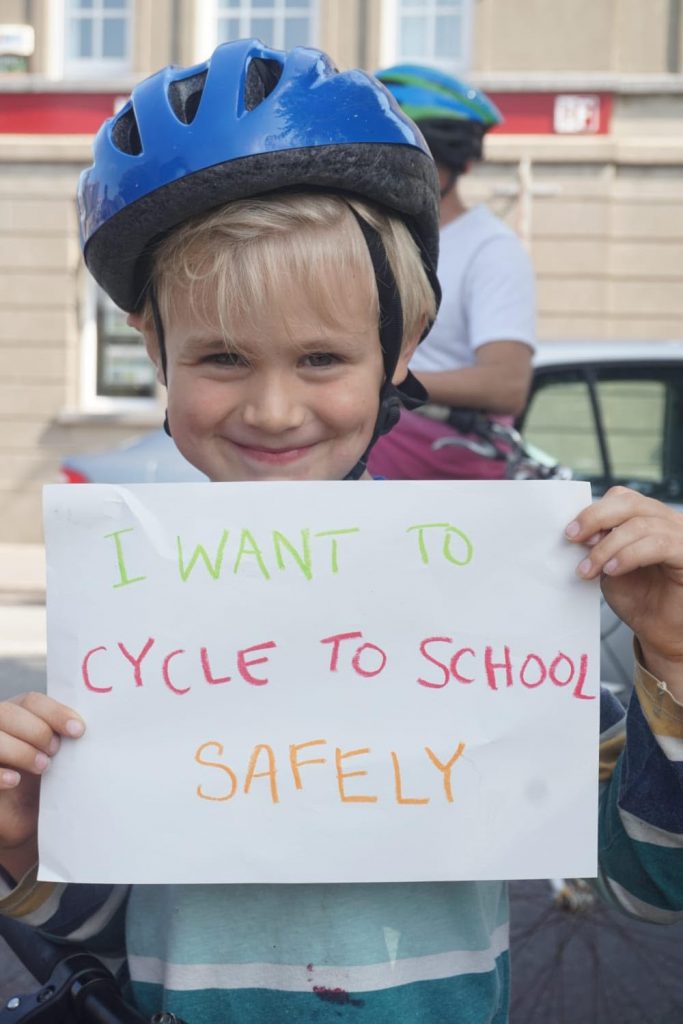
In Conclusion
Worldwide, the transport sector is responsible for 24% of direct CO₂ emissions from fuel combustion with the vast majority coming from cars, and these numbers are not decreasing. We simply cannot afford to wait decades for fossil-fuel cars and trucks to be fully replaced by electric vehicles – a solution that will not in any case help solve other problems such as traffic congestion and sedentary lifestyles.
I’ll finish with a quote from Frans Timmermanns, the Executive Vice President of the European Commission with special responsibility for leading the Commission’s work on the European Green Deal. At the Velo-city 2021 conference in Lisbon in September 2021, he stated that
“The Bicycle is the most important instrument in meeting climate change targets.”
Our policies need to reflect that truth.
.
